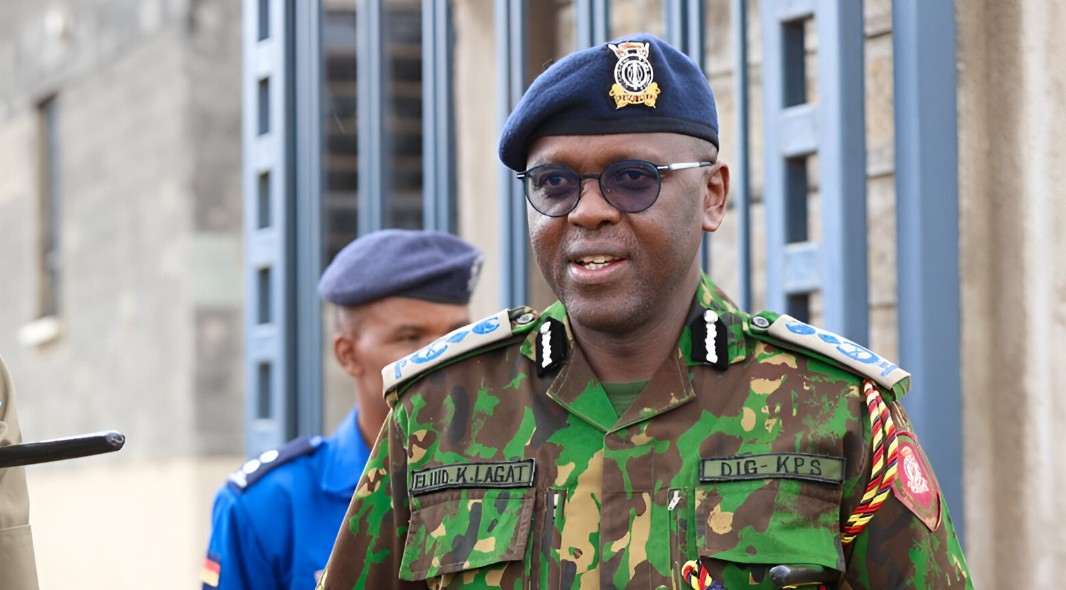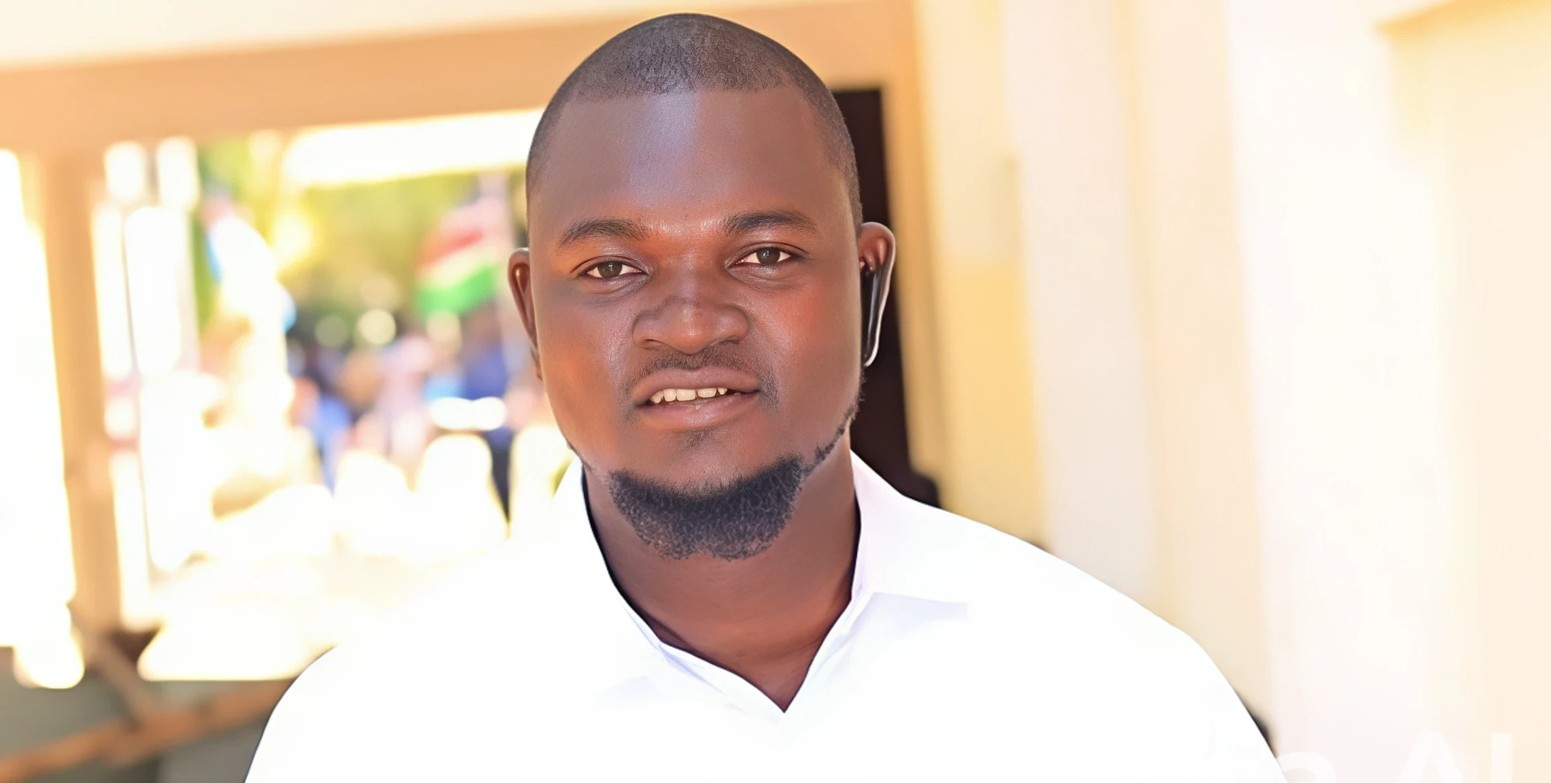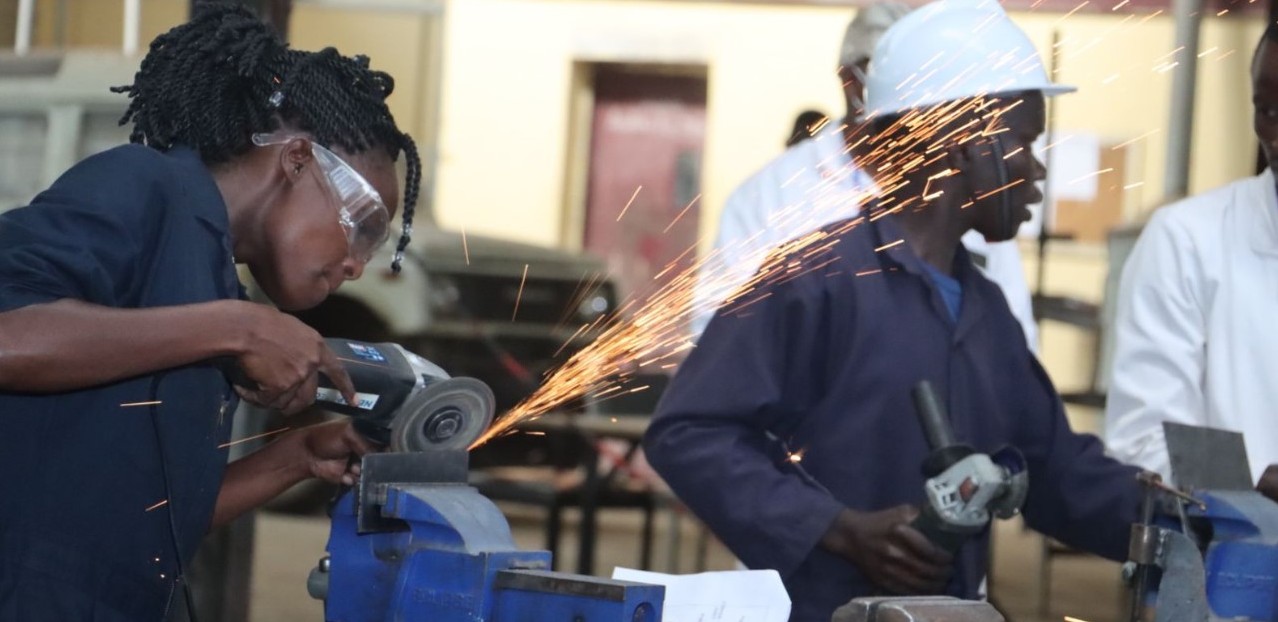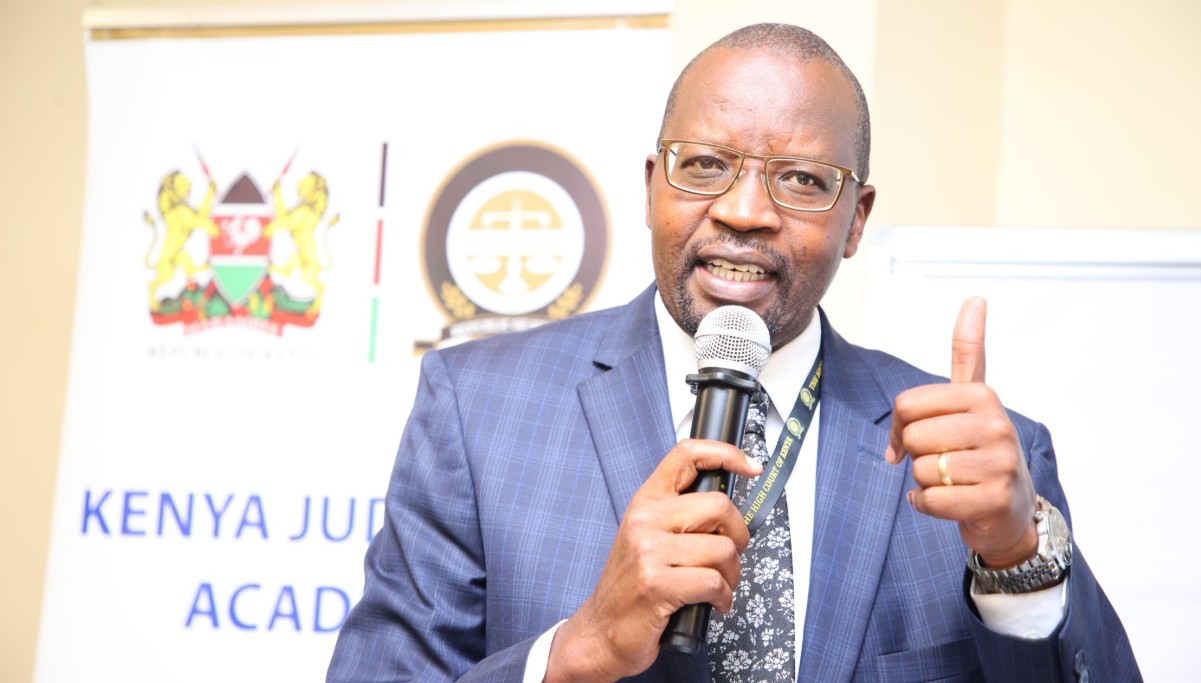Sifuna: President Ruto has failed Kenyans and doesn’t deserve a second term
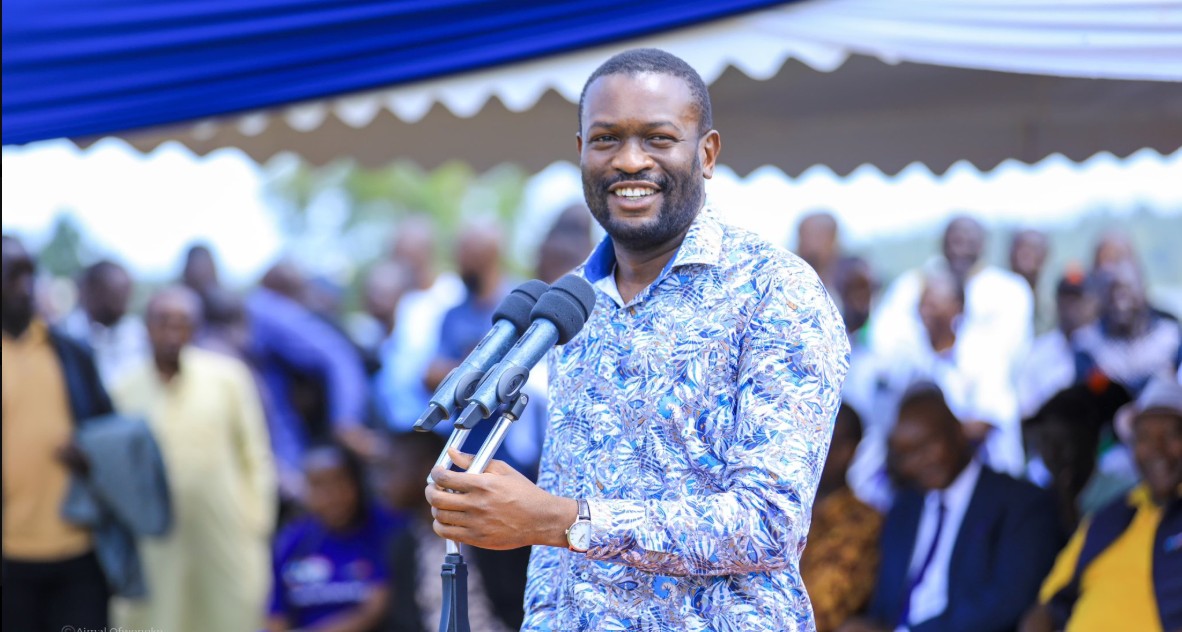
Sifuna said the Kenya Kwanza administration has not only reneged on its campaign pledges but has also presided over a worsening economic and social environment for ordinary citizens.
President William Ruto’s government has failed Kenyans and should not be rewarded with a second term, ODM Secretary-General Edwin Sifuna has said, citing broken promises on taxation, governance and national unity nearly 1,000 days into office.
Sifuna said the Kenya Kwanza administration has not only reneged on its campaign pledges but has also presided over a worsening economic and social environment for ordinary citizens.
More To Read
- Promises here, promises there: Ruto targets youth, women with new ward-level funding
- No evidence to support Sh6 billion Hustler Fund write-off, Auditor General tells MPs
- Government launches youth registration for 113,000 climate jobs
- How high costs, confusion are hindering workers in informal sector from enrolling on SHA
- Fresh twist in Gachagua case as petitioners seek his reinstatement as DP and judge’s recusal
- Ruto proposes law to allow housing levy contributors access Sh5 million loans
“In making an overall assessment of the KK regime, I am inclined to go with what the people I represent say daily on the streets—that it has been a huge disappointment,” he said in an interview with the Daily Nation.
“Whereas it promised to lower the tax burden, improve living conditions, enhance national unity and arrest runaway police brutality, it has effortlessly delivered the opposite in each case.”
Sifuna also accused the administration of leading Kenyans into deeper despair while indulging in luxurious government spending.
“Our people are more despondent, more miserable and live in more squalor, while the government gobbles up billions in travel, luxury, and an unnecessary appetite for soft life,” he said.
As Ruto crosses the 1,000-day mark since assuming office, scrutiny over his performance is intensifying.
Elected in 2022 on a populist “hustler vs dynasty” narrative, the President promised economic inclusion for the poor and job creation for millions.
However, public discontent has grown due to missed targets, controversial tax measures, and increasing financial strain on households.
In 2023, disaffection over the rising tax burden erupted into the streets, with deadly protests rocking parts of the country.
The outcry led to President Ruto being mocked as “Zakayo” and “Kasongo”—labels used by critics, including former allies, to deride his aggressive taxation agenda.
Healthcare reforms face hurdles
The transition from the National Health Insurance Fund (NHIF) to the Social Health Insurance Fund (SHIF) has been rocky. Contributions have increased significantly, with those earning Sh100,000 now contributing Sh2,700 monthly, up from Sh1,700.
According to a 2024 report by the Rural and Urban Private Hospital Association, 90 per cent of facilities are struggling with delayed payments from the Social Health Authority.
Meanwhile, 8,571 healthcare workers hired under the universal health programme are protesting over delayed absorption into the civil service.
Health CS Aden Duale admitted there were delays but said 23 million Kenyans had registered and that biometric systems would improve reliability.
Education under pressure
The government pledged to address a 116,000-teacher shortage and roll out a new university funding model. But the model has been challenged in court for burdening parents.
Education CS Julius Migos Ogamba recently told legislators that schools are owed Sh64 billion in capitation, which has disrupted learning.
Yet, in his Madaraka Day address, Ruto said the sector was undergoing major transformation, citing the construction of 16,000 junior secondary classrooms and a 99.1 per cent transition rate. He pledged to recruit 100,000 teachers by January 2026.
Cost of living and economy
While promising to lower the cost of living, the 2023 budget doubled VAT on fuel from 8 to 16 per cent, raising prices across the board. CBK Governor Kamau Thugge blamed global factors, saying inflation peaked at 9.6 per cent in October 2022.
The shilling hit Sh161.36 to the dollar in January 2024 but has since appreciated to around Sh129 due to improved fundamentals.
Housing targets missed
A key plank of Ruto’s Bottom-up Economic Transformation Agenda (Beta) was the delivery of affordable housing.
Initially targeting 250,000 units annually, later revised to 200,000, the administration introduced a 1.5 per cent housing levy on employees and employers to fund the programme.
According to Deputy Chief of Staff Eliud Owalo, 148,165 housing units are currently under construction, with 11,000 completed.
In his Madaraka Day speech, Ruto insisted that the programme is “firmly on course.” However, based on the original targets, the government should have completed at least 500,000 units by now.
Housing Principal Secretary Charles Hinga has claimed that over 250,000 jobs have been created through the initiative, and Sh11 billion channelled to jua kali and MSMEs supplying construction materials.
Yet, the Kenya National Bureau of Statistics (KNBS) 2025 Economic Survey shows a 0.7 per cent contraction in the construction sector, casting doubt on the job creation claims.
Hustler Fund under strain
Launched in 2022 to provide affordable credit to MSMEs, the Hustler Fund’s annual budget has declined sharply, from Sh12 billion in 2022/23 to just Sh800 million last year. Only Sh1 billion has been allocated for the next financial year.
PS Susan Mang’eni said the government may write off Sh6 billion in defaulted loans from 10 million Kenyans. Owalo reported that Sh70 billion has been disbursed to 25.9 million individuals and 872,672 groups.
Fertiliser subsidy and controversy
The government aimed to convert two million farmers into surplus producers, aided by fertiliser subsidies that reduced prices from Sh7,500 to Sh2,500. Ruto credits the programme with a 50 per cent boost in food output.
Yet, the initiative faced controversy after former Deputy President Rigathi Gachagua claimed the fertiliser sold to farmers had been donated by Russia. Raila Odinga echoed the claims, raising concerns over transparency.
Despite this, the government reports increased returns in agriculture: milk prices rose to Sh50 per litre from Sh35, coffee to Sh150 per kilo from Sh65, and sugar output grew from 490,000 tonnes to 815,000 tonnes.
ODM prepares for 2027
Despite speculation about the impact of ODM’s memorandum of understanding with UDA, Sifuna reiterated that the party remains intact and focused on 2027.
“The MoU restated our values, it didn’t compromise them. All ten agenda points are people-centred issues we’ve always supported. Getting UDA’s leader to endorse them is a win,” he said, adding that the agreement is not a coalition and does not indicate any political alignment ahead of the next election.
He also reaffirmed that ODM would field a presidential candidate in 2027, noting that the party was born to contest power.
“Since our formation, we have always fielded a presidential candidate, and I see no reason why the 2027 election should be any different,” he said.
Top Stories Today
